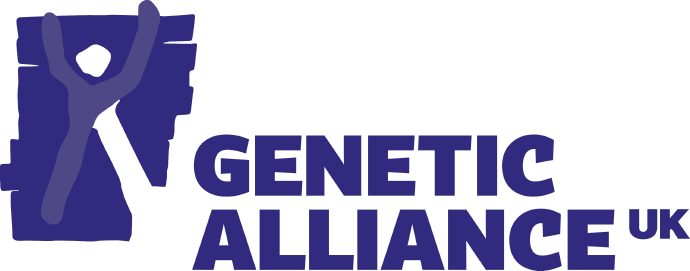In the UK, the amount of funding available for clinical research is very limited. Reverse Rett is working to increase investment in Rett-Syndrome-focused clinical research, ultimately pushing our mission forward.
This policy relates to external peer reviewers, the Research Review Committee (RRC), the Board of Trustees, and any other funding panels of the charity, their chairs, and other members. The purpose of this document is to minimise the potential for conflicts of interest arising and to protect the charity, and those who work for it, from any perception, real or otherwise, that the external interests and affiliations of its committee members might interfere with their ability to work towards the furtherance of the charity’s objectives.
Our peer review process supports our strategic priorities while remaining responsive to new opportunities. Our Research Review Committee reviews UK research applications and adheres to the following terms of reference.
Reverse Rett supports the Policy Statements of the Association of Medical Research Charities (AMRC) including:
Reverse Rett is committed to the 3Rs and consideration of the three Rs is embedded within all our processes for assessing, reviewing, and financially supporting research both in the UK and internationally.
Current clinical research in the UK does not involve the use of animals. However, for the reasons outlined in the statement referenced above, the International Research program run by RSRT does fund medical research involving animals when there is no feasible alternative.
We are committed to encouraging better practice and the developments of alternatives to animal use wherever possible. We require all our researchers to apply the highest standards of animal welfare in line with strict UK Home Office guidelines.
When research is funded internationally, we expect that all research is carried out in the spirit of the UK legislation, in addition to being compliant with all required local legislation and ethical review procedures. For further information see the AMRC information on the use of animals in research.



